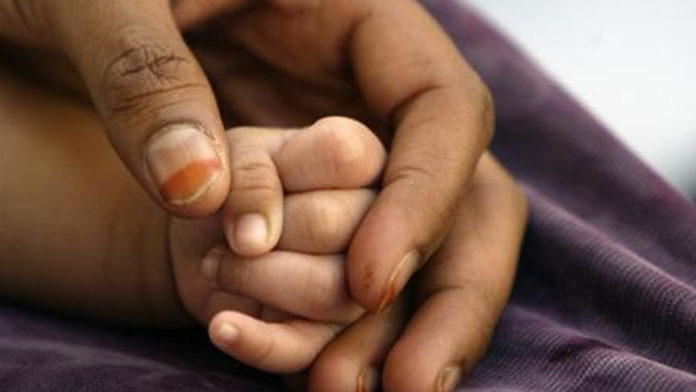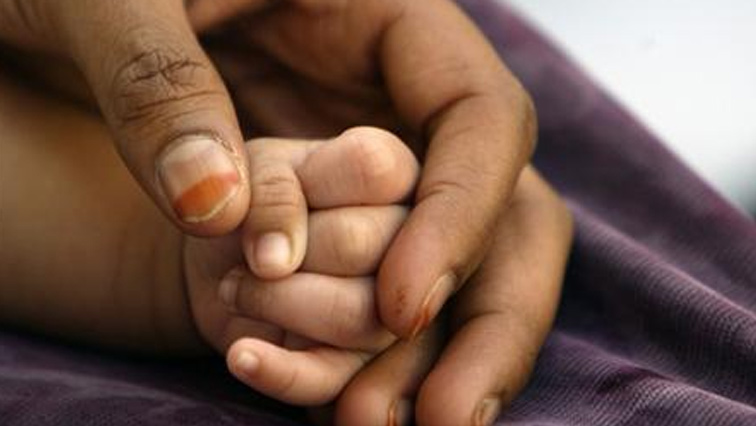This question lingered as the 2017 statistics on registered births yesterday showed 62% of 989 318 births had no “reliable information on fathers”.
Stats SA released a report providing data on the number of registered live births, number of live births by age of the mother, and birth registration trends, popular baby names by province and more.
It showed there was a 2.1% increase in birth registrations, while 897 750 of the total were current registrations (births that occurred last year) 91 568 were late registrations (births that occurred in 2016 and earlier).
Gauteng had the highest birth rate last year with 239 457.
The Western Cape had 99 965 babies registered, with the most popular names being “Liam” for boys and “Mia” for girls.
The majority of the current birth registrations were for male children, at 460 774 and 452 725 were for females, resulting in a current sex ratio of 102 male births per 100 female births.
Statistician-General Risenga Maluleke said: “Birth registration matters because every child has the right to a name and a nationality from birth, family care or parental care”
The median age of mothers at birth has fluctuated between 26 and 28 over the past 20 years.
Children born to mothers in age groups 20 to 34 made up 73% of all births last year.
Maluleka said the mother’s age was useful when developing maternal and child health policies and planning for the provision of health care services.
Adolescent births of mothers aged 10 to 19 were down to 11% last year, and mothers in high-risk pregnancy aged 35 to 54 remained at 15%.
Of the 897 750 births last year, 78% were found to be compliant.
North West was the leading province in terms of births registered within 30 days at 92%. The lowest was KwaZulu-Natal at 66%.
Trends showed births peak in March, May and September, indicating that conception mostly happens in June, August and December.
Maluleka added that the 2030 National Development Plan aimed to improve child survival, child development and children’s standard of living.
The recorded live births report is based on the birth registration records from the Department of Home Affairs.
The report covers current birth registrations and occurrences of live births for 2017 recorded for a period of 14 months (from January last year up until February this year).
Source: News24
Also, read








